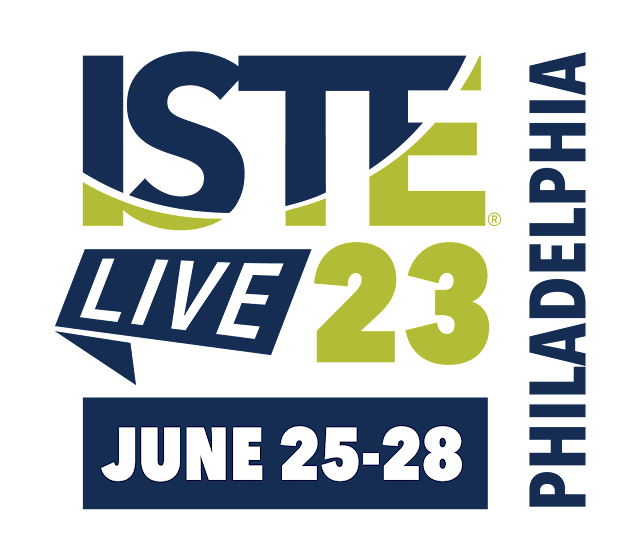Who is doing the learning?
So here in my first term of teaching IB HL Physics, I am exhausted and student marks are not as I have expected from what is a reasonably able group from previous examination grades. Now it is the midterm break, I am reflecting as to why this is the case
As this is the first year teaching the course, I have spent hours marking past papers and giving detailed individualized feedback on all their work. Additionally, I am over-planning lessons to ensure that my online resources, powerpoints, activities, practicals include every detail of the course in order that I do not miss anything out if it comes up in examinations. To this end, I am scheduling weekly lunchtime revision classes with the students who are not meeting my expectations based on their previous assessments.
As this is the first year teaching the course, I have spent hours marking past papers and giving detailed individualized feedback on all their work. Additionally, I am over-planning lessons to ensure that my online resources, powerpoints, activities, practicals include every detail of the course in order that I do not miss anything out if it comes up in examinations. To this end, I am scheduling weekly lunchtime revision classes with the students who are not meeting my expectations based on their previous assessments.
The last task I set for the class before the break was to submit an experimental write up on the compulsory experiment that was done in class around the topic we are presently studying. Less than half the class has submitted.
Now after 10 weeks of teaching the course, I am asking myself this question: Are the students working as hard as me towards their goals in the course?
I am placing an expectation upon myself that the student's success is my responsibility. I am designing lessons where I am working much harder than the students. They are now settling into an expectation that they do not have to work hard because I am doing all the work for them.
I am placing an expectation upon myself to complete everything perfectly. I thought that marking all written work, planning perfect lessons, writing schemes of work, etc would make me good at teaching from results it is clearly not.
So what are my resolutions for the rest of the course after this reflection?
- I will only mark topic tests and give the students their final percentage - No comments. No corrections. It is their job to go through the marking schedule and see where errors can be improved.
- The students write their own reports. Self-reflection is key to understanding your strengths and weaknesses and how to improve as a learner. This also includes a conversation on whether their assessments are realistic.
- I won't write resources or plan detailed lessons. The lessons are going to be more fluid. I will teach content as required with a focus on problem-solving.
- Every couple of lessons, the students will work individually on practice questions. Nothing else. Independence is necessary for they need to find where their areas of improvement are.
- When it comes to home learning, I will quickly scan work for common errors and use these as the basis for teaching the next lesson. I can then give prompts on what to improve to the few students who really need it. Self-assessment is key in developing problem-solving skills. So... I will provide the answers and let them work through the solutions by themselves. I will use this time to circulate the class to assist those who need help.
The approach is an attempt in allowing students to become IB learners be encompassing the attributes of risk-taking, inquiry, communication, and reflection and develop ownership of their learning through assessing where they can grow and improve. I will see how this goes!





Comments